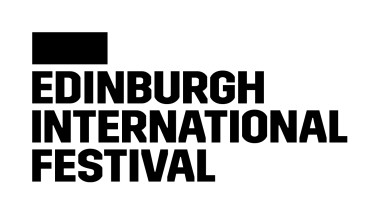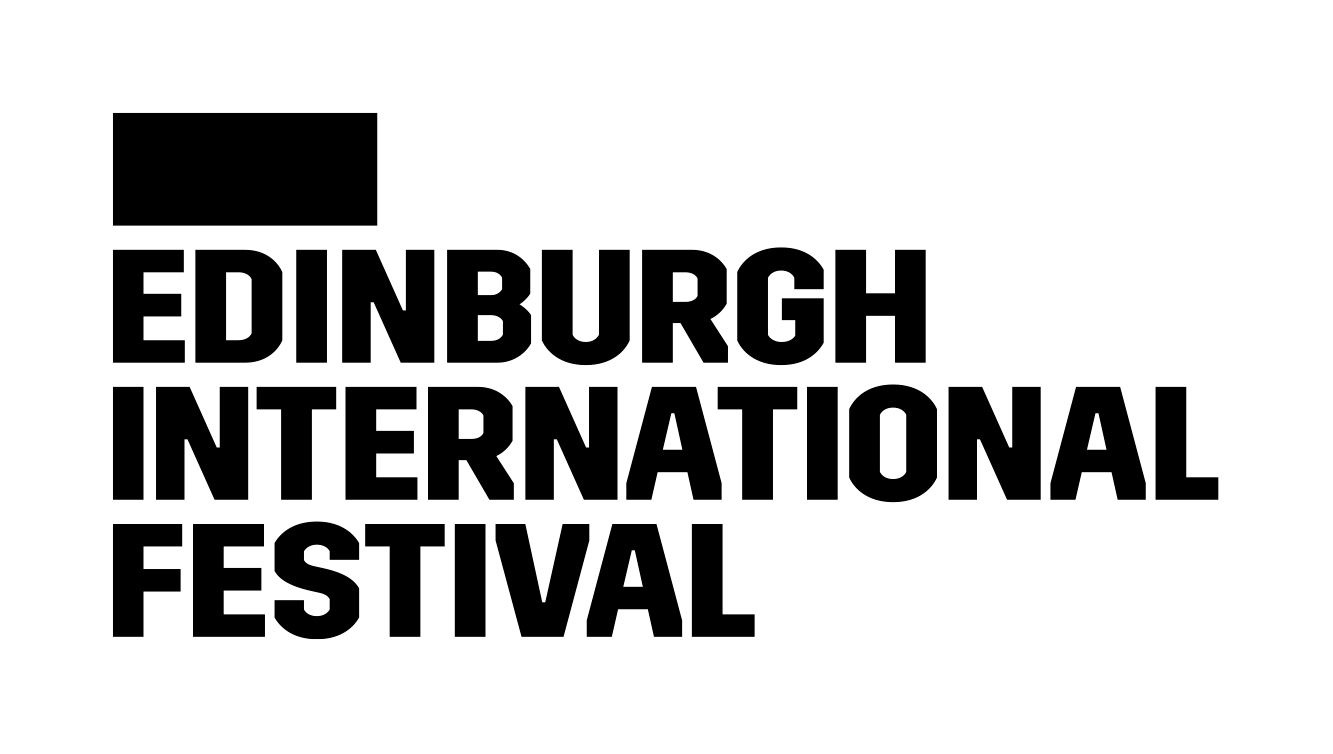
 United Kingdom Edinburgh International Festival 2017 [1] – Haydn & Mendelssohn, The Opening Concert: Dorothea Röschmann & Emma Bell (sopranos), Werner Güra (tenor), Edinburgh Festival Chorus, Scottish Chamber Orchestra / Pablo Heras-Casado (conductor), Usher Hall, 5.8.2017. (SRT)
United Kingdom Edinburgh International Festival 2017 [1] – Haydn & Mendelssohn, The Opening Concert: Dorothea Röschmann & Emma Bell (sopranos), Werner Güra (tenor), Edinburgh Festival Chorus, Scottish Chamber Orchestra / Pablo Heras-Casado (conductor), Usher Hall, 5.8.2017. (SRT)
Haydn – Symphony No. 94 “Surprise”
Mendelssohn – Symphony No. 2 “Lobgesang”
Seventy years young, and still bristling with energy, the 2017 Edinburgh International Festival burst into life with this concert, revelling in the present while at the same time looking back to the past. Jonathan Mills, the EIF’s previous director, was never one for marking anniversaries, but Fergus Linehan has decided to embrace the Festival’s seventieth birthday, and he has done so in a very impressive way. Not only is the number 70 emblazoned all over the city, but he has decided to reflect thoughtfully on that first festival. The Festival’s opening event, Bloom, which took place last night in St Andrew Square, was a vast multimedia extravaganza that looked at the impact of the original festival and, more to the point, its motivation to “provide a platform for the flowering of the human spirit.” Linehan’s 2017 programme features lots of references to the original event in 1947, beginning here, because Haydn’s Surprise Symphony was the first work to be played in the very first Festival concert.
The SCO picked up the baton with aplomb, playing with Pablo Heras-Casado for the very first time, and sounding clean, precise and exactly on the money. The strings were lithe, with little vibrato, but they brought a lovely bounce to the sound, and the brass and timps were perfectly blended in, producing a beautifully rounded sound. The actual surprise in the second movement was ever so slightly mistimed, but beyond that Heras-Casado conducted with sensitivity and warmth, with a lovely sense of swagger to the Menuet and finale.
Mendelssohn’s Lobgesang wasn’t written to commemorate Martin Luther’s 95 theses, but that 500-year anniversary gives a good excuse to programme it, and Heras-Casado is well known for his Mendelssohn recordings, so they make a good match. The SCO was much expanded for this work, and they played with corresponding heft; yet the performance was most remarkable for the way it moved. Heras-Casado took the opening fanfare pretty quickly, and the ensuing allegro sounded very sprightly, making for quite a curtain-raiser. The fugato section was bitingly accurate, and the choir of winds did their best impression of organ pipes during the chorales. Sensitively, the strings played with a little more vibrato than in the Haydn, and they sounded gorgeously sweet in the Adagio, after a persuasively swaying Allegretto section.
The chorus, who ultimately take the honours in this work, made a real impact on their first entry, singing with great power and thrilling accuracy. The blend with the organ was sensational (and had clearly been carefully worked on), and they carried the rest of the work very convincingly, sounding heartfelt and humane in ‘Nun danket alle Gott’. Werner Güra administered the reliable honey of his voice with consummate skill, but managed to sound bleak and searching during his austere duet with the winds as they question the watchman as to whether the night will pass. Dorothea Röschmann sang with crystalline purity throughout, even if she had to lunge alarmingly for some of her top notes. Emma Bell had a throatier, more mezzo-ish sound, but that made for a good contrast with Röschmann, and the blend in their brief duet was extraordinary.
Mendelssohn’s proudly affirmative declaration of faith is out of fashion for our more doubt-ridden times but, as a declaration of confidence at the start of the EIF’s seventieth birthday, it takes some beating. It certainly had me convinced.
The concert was recorded and will be broadcast on BBC Radio 3 on 11th September.
Simon Thompson
The 2017 Edinburgh International Festival runs until Monday 28th August at venues across the city. For full details go to www.eif.co.uk.

As someone involved with the project, it is maybe worth noting that the “surprise” in the Haydn was actually deliberately “mistimed” – that might be a bit hard for a critic to understand, but Pablo intended this to add to the overall unexpected effect.
Why do these conductors think themselves superior to the composer?
It ruined the concert for me and my family.
“ruined the concert”? Stay at home and listen to the same CD you like over and over then!
Not the best way to keep music live I would think. The audiences for classical music are already on the endangered list and things could be critical within only a few more years! Jim